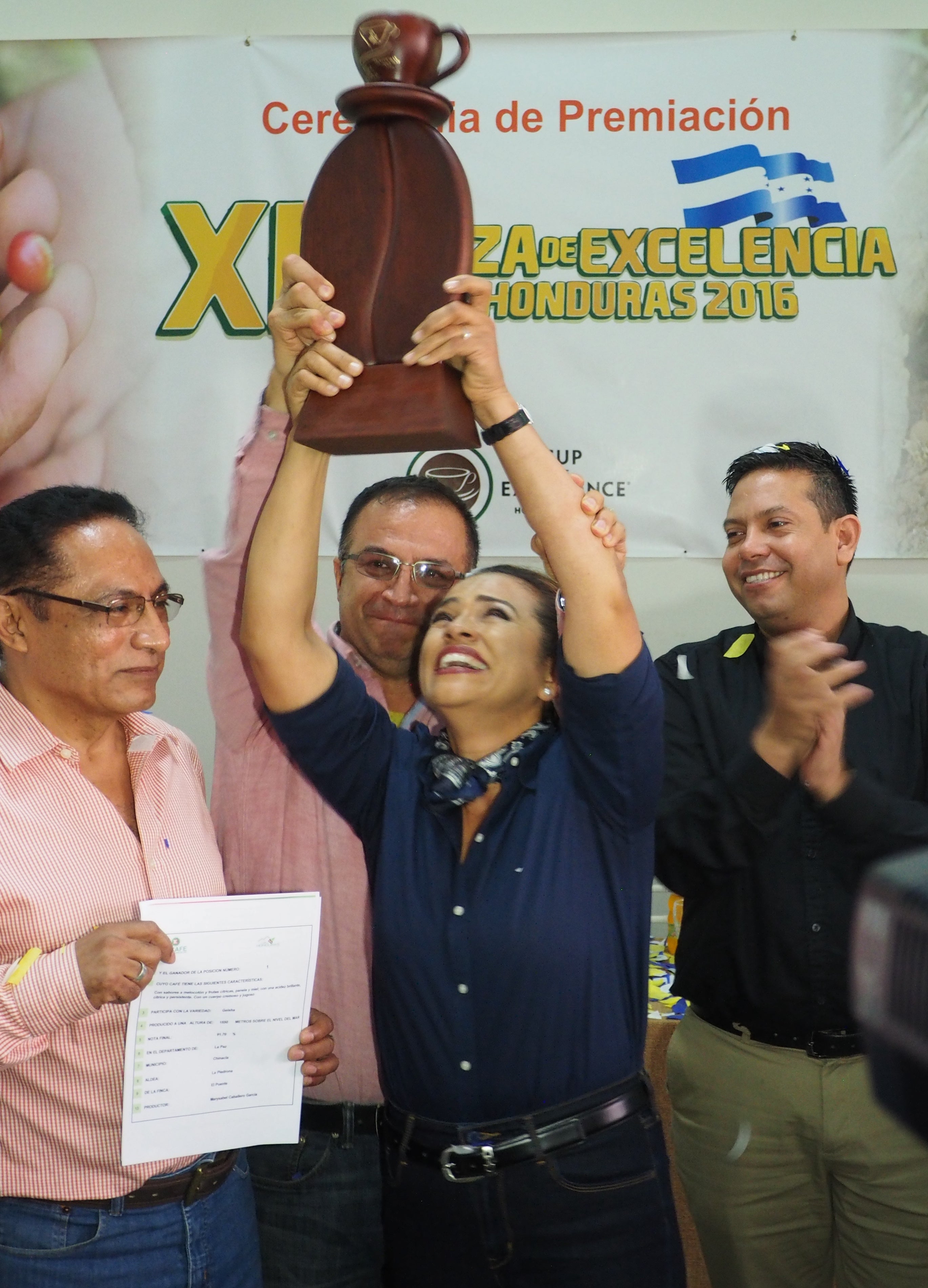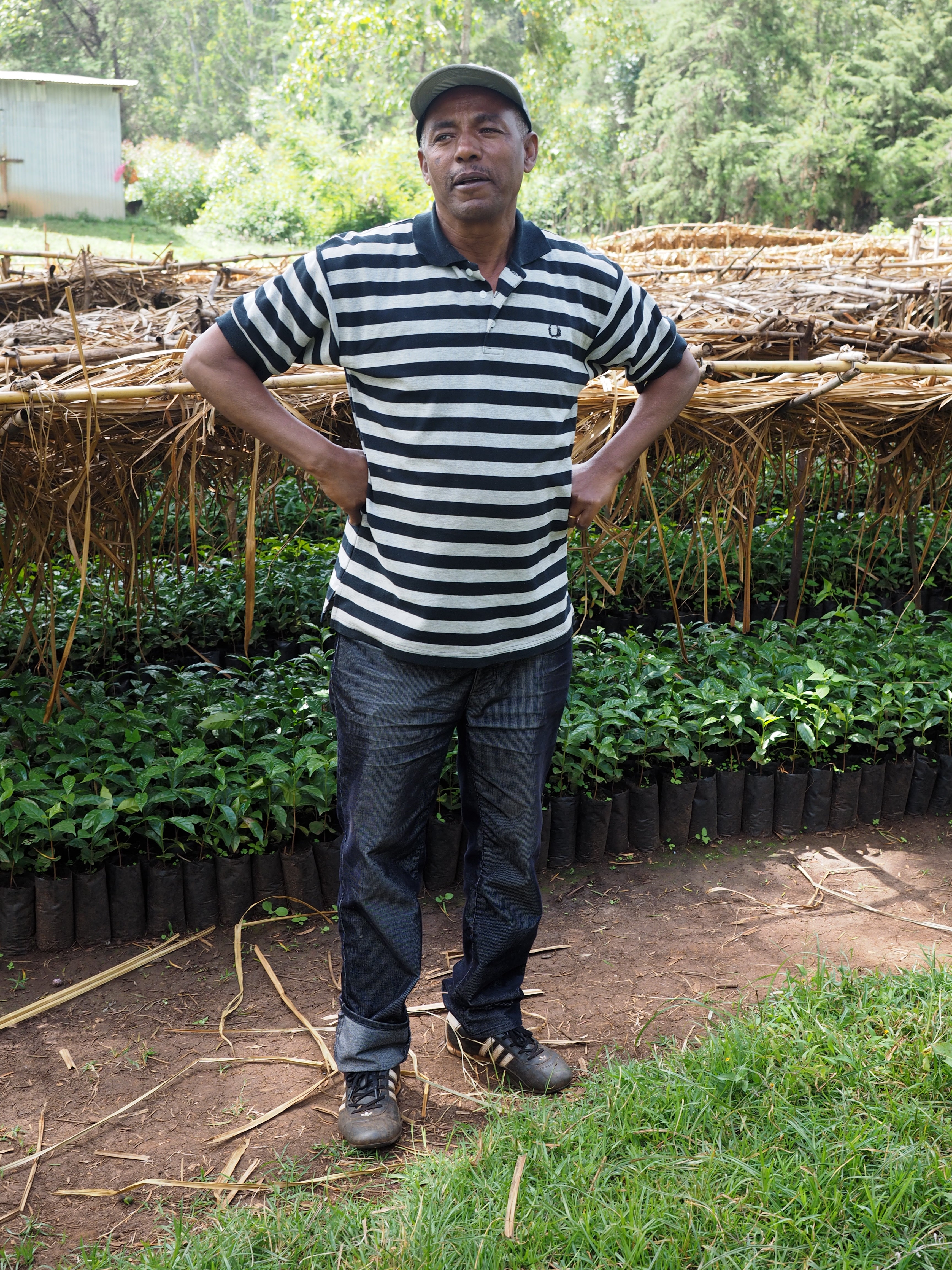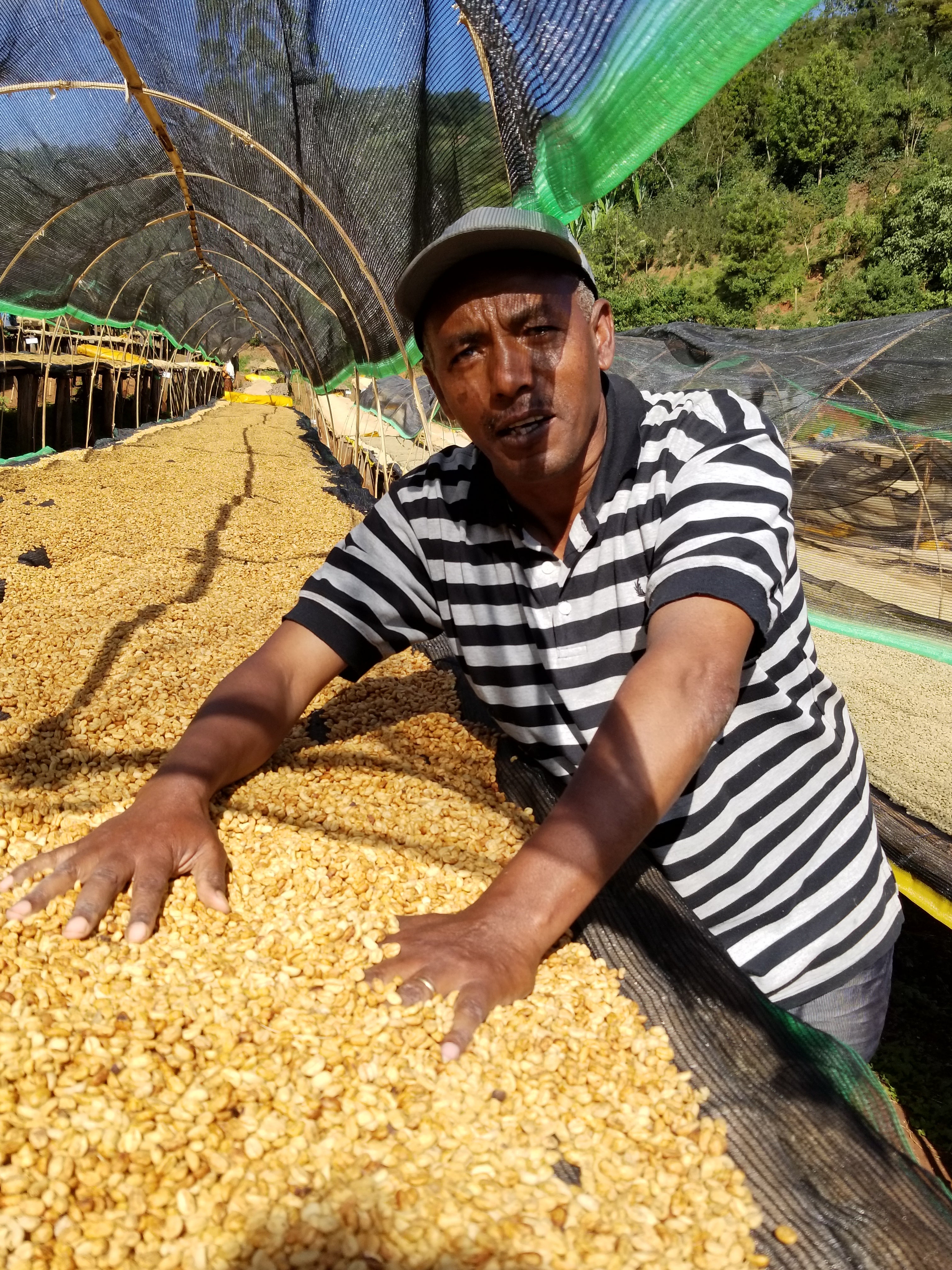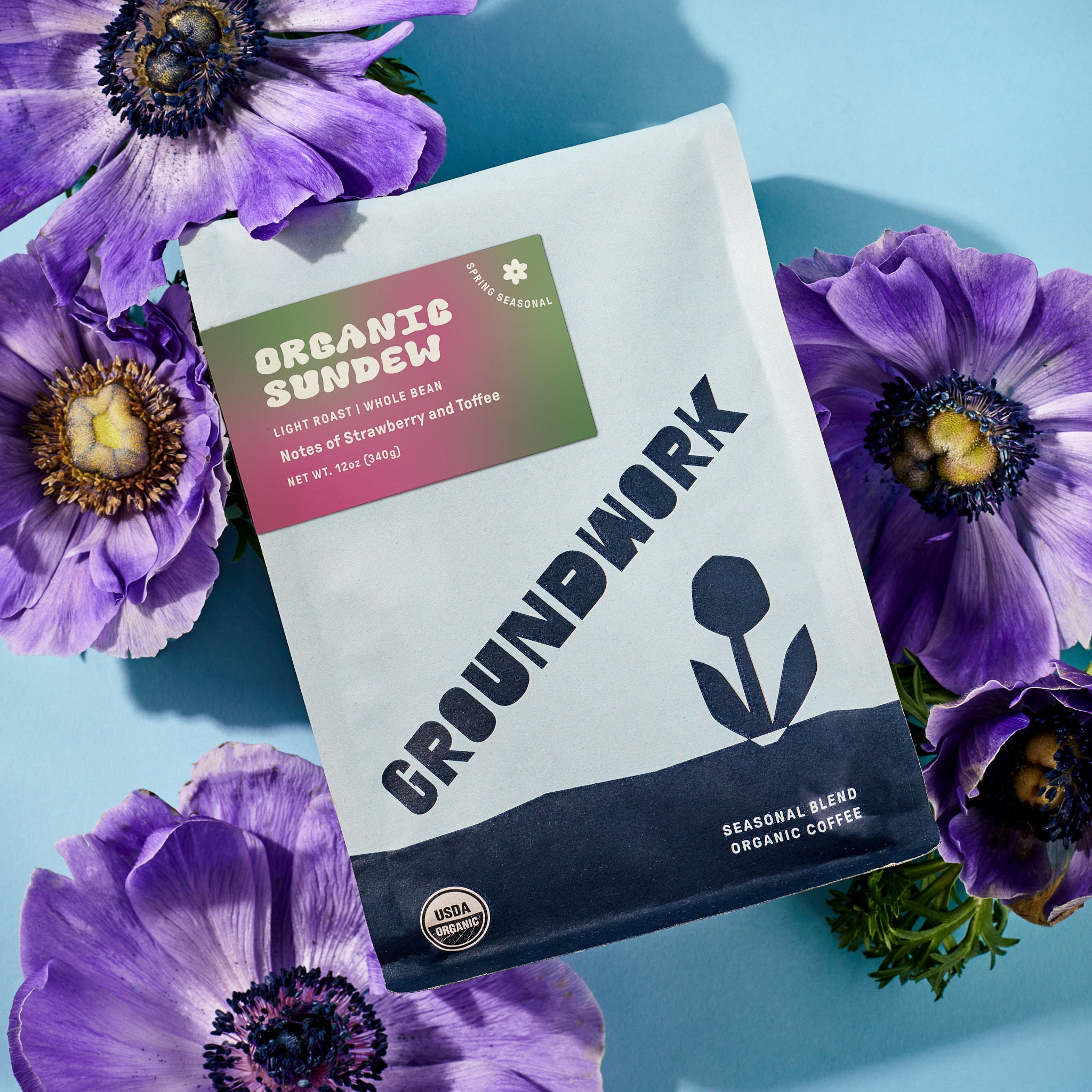The inside scoop on our Sundew Seasonal Select
Have you tried our Seasonal Select Sundew yet? I brewed my first cup this week and it was so yummy that I needed all the inside info. So, I got the scoop from Wholesale Account Manager and Educator Darrell Baskin and Chief Coffee Guy Jeff Chean.
Sundew is a juicy, sweet, easy-to-drink coffee with notes of strawberry and toffee. To create this masterpiece, our talented roasters combined two origins of organic coffee – Marcala, Honduras and Guji, Ethiopia – in a post-roast blend (in which the different batches of green coffee beans are roasted separately and then mixed afterward).
Our Coffee Manager, Bryan, selected those coffees and Darrell helped him and Jeff workshop the blend ratios and roast parameters.
“This is a really exciting coffee because of the pronounced, articulated fresh strawberry characteristics and the rich sweetness and clean cup,” Darrell says.
Darrell tells me that this blend is a majority Honduran natural from Café Orgánico Marcala (COMSA), sourced through the coffee importer Sucafina. COMSA is a business that promotes organic coffee farmers and is a leader in organic coffee in Central America. This batch is from a community lot comprised of 1,200 smallholder contributors in Marcala, Honduras. COMSA runs an agricultural training facility for producers, a biodynamic farm, and an international school for children.
COMSA is “pretty dope,” in Darrell’s words.

COMSA producer Marysabel Caballero Garcia winning the 2016 Cup of Excellence
This batch of coffee contains multiple varieties – Catuai, Caturra, Lempira, and Pacas – all of which are fermented and dried via the natural process. Grown at an elevation 1300-1500 meters above sea level (masl), this coffee is considered “high altitude” or “hard bean,” which contributes sweeter and more complex flavor profiles than low-altitude coffee.
Darrell describes this coffee as imparting rich strawberry jam notes, tart malic acidity, deep toffee sweetness, and a syrupy, tongue-coating body.
“Natural processed coffees can often have underlying winey, funky, ferment undertones that can be divisive among coffee drinkers, especially when brewed as espresso,” he says. “I immediately started obsessing over whether I could highlight that in an espresso with the same intensity and clarity. Sundew did not disappoint! Strawberry stayed front and center, clear as day supported by an even richer sweetness that screamed to be put into a signature beverage.”

Drying coffee fruit with the natural process
Our roasting team added a magic touch of a washed Ethiopian Guji coffee sourced through Trabocca, an importer that helped pioneer the organic coffee infrastructure in Ethiopia. This batch is a mix of heirloom varieties from the Guji region of Ethiopia that are washed (the process in which the coffee fruit and mucilage are removed before drying the beans).
Darrell credits this coffee for contributing bright but supportive citric and berry acidity and white florals to the blend. Its flavors are “tucked in,” he says, serving more to add intensity to the aspects of the Honduran coffee.
Chief Coffee Guy Jeff visited Suke Quoto Farm in the Odo Shakiso district of Ethiopia in 2017. He talked with Ato Tesfaye Bekele, an experienced agronomist who owns the farm. Along with Haile Gebre of Shakisso Farm, Tesfaye was a leader in developing the Guji coffee industry.

Ato Tesfaye Bekele on his farm
Tesfaye comes from a family of coffee growers but did not follow suit until massive bushfires in the late 1990s devastated 5,000 hectares of coffee lands. It was then that Tesfaye took over farming 521 hectares of coffee. He bases his farming on three pillars: Nature first, quality second, and social impact third.
Tesfaye works with 171 out-growers – 60% of which are smallholders – that deliver coffee cherries to the Suke Quto Washing and Drying Station. Tesfaye provides them with seedlings and manages projects such as compost facilities and school renovations.
Jeffs says that Tesfaye grows only two varieties – Walecho and Kurome – which Tesfaye sells exclusively as a blend because he is certain they taste better together. He’s also certain that his farming methods which are harmonious with nature control the risk of pests and diseases that normally come with limited crop diversity.

Ato Tesfaye Bekele with his washed process coffee
Grown and processed by producers with a deep passion for their environment and communities, and meticulously crafted into a perfect blend at the Groundwork headquarters, this Sundew Seasonal Select is a “Certified Groundwork 10/10,” Darrell says. Make sure to try it as an espresso!

Written by
Melina Devoney
Barista & Blogger